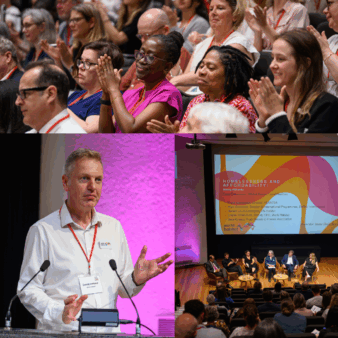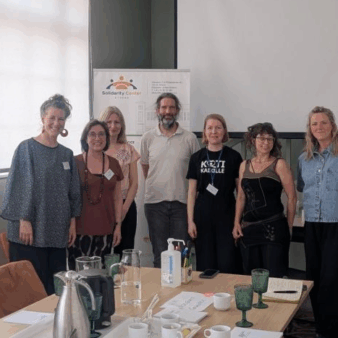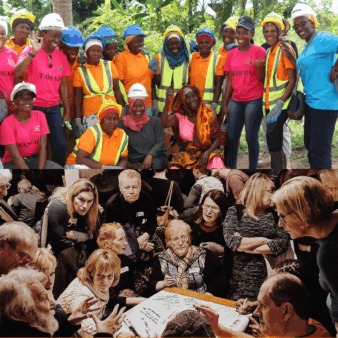
Accelerating an end to homelessness in the region
Our vision is a world where street homelessness is prevented from happening, and if it does occur is rare, brief, and non-recurring. To ensure sustainable solutions to street homelessness, housing advocates increasingly look towards housing-led solutions, including Housing First, as a lasting solution. However, that is not the case everywhere. Some countries that face chronic affordable housing shortages, where the provision of welfare and social care is lacking and where homelessness is often managed via systems that can incentivise temporary accommodation or shelter systems, are further away from this reality.
This is especially true for partners of World Habitat’s European End Street Homelessness Campaign who work in Central and Eastern Europe (CEE). Across this region, structural challenges (lack of affordable permanent housing) and the deprioritisartion of homelessness (inadequate policies or laws to prevent or end homelessness, lack of access to state funding etc) make a systemic shift to a housing-led system a huge challenge. In addition to this there is not enough evidence to prove how such a shift could work in this region.
Uncovering the reality of the housing challenge
To help fill the evidence gap World Habitat have commissioned The Budapest Institute and Metropolitan Research Institute to complete a feasibility study into housing-led approaches in the CEE region. The research, due to be completed this summer, will explore how housing-led approaches could be introduced or expanding in Central and Eastern Europe, with a focus on the countries of: Romania, Hungary, Croatia and Slovakia.
Ella Hancock, Programme Manager at World Habitat:
‘We are delighted to use our resources and connections to drive change in the region by commissioning this feasibility study into Housing-led solutions in Central and Eastern Europe. We look forward to working with The Budapest Institute and The Metropolitan Research Institute whose expertise in this area is a huge asset to this piece of work, and to sharing independent and robust data and evidence that will accelerate an end to homelessness in the region.’
Budapest Institute for Policy Analysis and Metropolitan Research Institute said
‘We have allied up to examine how housing-led alternatives to unresponsive homeless shelter systems could provide stable and adequate housing solutions in Central and Eastern Europe. Lessons of innovative programs will feed into strategic recommendations to support World Habitat and local actors to catalyse change in the right direction.’




Join the discussion